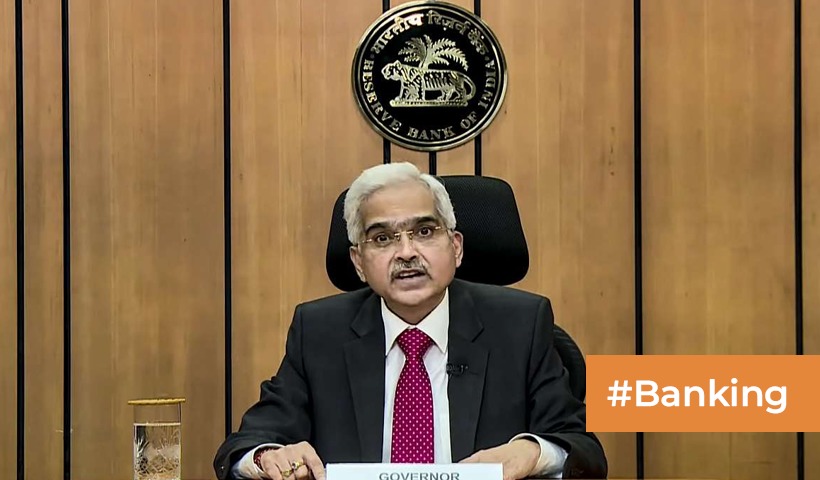Noida Property Labyrinth: The Lotus Projects Debate
Due to recent events, the Noida Authority is embroiled in a court battle, contesting the Allahabad High Court’s order to register apartments in Lotus 300 and Lotus Boulevard Espacia. The ramifications of financial disparities and the difficulties of managing real estate are clarified by this dispute. Despite the builders’ unpaid debts, the court authorized the registration of these properties, which sparked a discussion on how to strike a balance between public interest and financial obligations.
The Overhang of Finance
The builders behind these developments, Ashish and Aditya Gupta’s Cloud 9 developments owe a great deal to the Authority. With over Rs 247 crore outstanding for both projects, the Noida Authority is determined to collect these debts. This amount symbolizes not just delinquent fees but also a more significant problem with financial responsibility and the effect on public funds.
The Tragedy of Buyers
The actual victims of this financial and legal mayhem are the 336 and 168 homeowners in Lotus 300 and Lotus Espacia who are still waiting years to move into their apartments. These purchasers are a small portion of the urban middle class, whose aspirations to become homeowners are hampered by legal and bureaucratic obstacles.
Implementation and Recuperation
The High Court’s involvement adds another dimension to the dispute by ordering the Enforcement Directorate (ED) to retrieve the outstanding amounts; nevertheless, the enforcement results remain unclear. This case underlines how difficult it is to balance administrative, financial, and legal procedures to protect both public and private interests.
The Position of Authority
Reconciling the urgency of development requirements with financial rectitude is a major difficulty in urban government, as demonstrated by the Noida Authority’s decision to appeal against the High Court’s verdict. The Authority’s position that it would not refuse to use public funds for development projects emphasizes the need to strike a delicate balance
between promoting urban growth and guaranteeing fiscal responsibility.
Market Impact and Historical Context
There have been many ups and downs in the Noida real estate market. Due to financial mismanagement and legal battles, several projects have experienced delays over the last ten years, which has affected consumer confidence and market stability. The predicament of the Lotus projects serves as a clear reminder of how vulnerable the industry is and how urgently strict regulations are needed.
Looking Ahead
The next legal actions taken by the Noida Authority are crucial; they may involve an appeal to the Supreme Court or a review petition before the Allahabad High Court. Not only will the decision affect hundreds of homebuyers, but it will also establish a standard for resolving such conflicts in the future. An Appeal for Systemic Adjustment Stronger regulatory frameworks, open legal procedures, and more extensive financial control are all necessary in light of the ongoing drama in Noida’s real estate industry. Rebuilding confidence and stability in the real estate market requires developers to fulfill their financial commitments without sacrificing the rights of buyers.
Final Thoughts
A microcosm of the greater issues confronting India’s real estate industry is the controversy surrounding the Lotus developments in Noida. Sustainable growth in urban development initiatives requires balancing economic, legal, and social objectives. The conclusion reached
by the Noida Authority will have a significant impact on the real estate industry and demonstrate how accountability, governance, and market stability can all coexist in the face of difficulty.
Disclaimer: The views expressed above are for informational purposes only based on industry reports and related news stories. Property Pistol does not guarantee the accuracy, completeness, or reliability of the information and shall not be held responsible for any action taken based on the published information.



